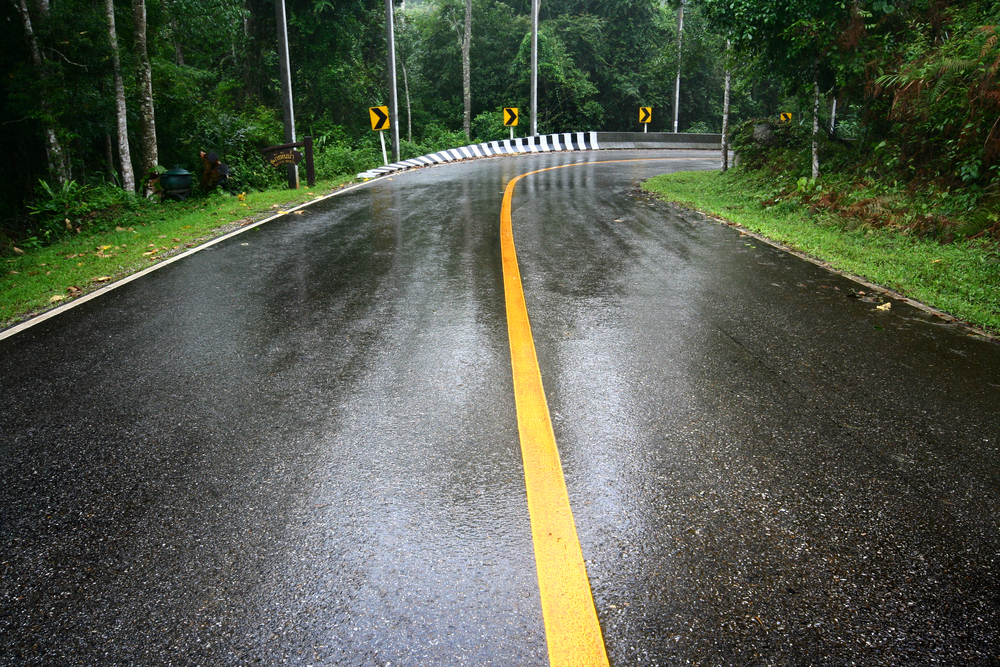According to statistics by US Climate Data, Orlando has approximately 114 rainy days with 52 inches of precipitation annually. With so many rainy days every year, weather related accidents are likely to occur due to the excessively wet conditions. Close to one-fourth of accidents in Orlando, happen because of bad weather.
Wet pavement can contribute to or even cause some of these accidents. However, this does not mean that the driver is absolved from blame. In any case, it is the responsibility of the driver to drive safely regardless of the prevailing conditions.
If you are injured in an auto accident, you should contact a car accident lawyer immediately to help you file for compensation against the negligent driver for any loss or injuries.
Understanding the Impact of Rainwater on Roadways
Rainwater can wreak havoc and cause dangerous conditions on roadways. Light showers can make the roads to become slick and slippery because of the oil on the surface. This could make it harder for drivers to control or stop their vehicles. Moreover, the water might accumulate and fill up potholes, making it difficult for drivers to maneuver.
Conversely, heavy downpours can make the roads impassable and the water may cover the lanes, making it difficult to see the markings. In a worst-case scenario, heavy rains may lead to hydroplaning, where the water carries the car, making it impossible to control.
Tires with poor tread and worn wiper blades are other risk factors worth checking out. Apparently, worn tires don’t perform well on water while damaged wiper blades can make it difficult for drivers to see during heavy rain.
With this in mind, it is important for drivers to take extra precautions when driving on wet pavement. Failure to adhere to safety measures can cause potential harm to other road users.
Causes of Hydroplaning
Hydroplaning refers to a situation when a car starts to slide uncontrollably because of the tires encountering more water that it can scatter. Water forms a layer between the tires and the pavement surface, subsequently forcing the vehicle to slide uncontrollably. As the water carries the car, the brakes and other controls become useless.
Over-speeding or driving too fast in such wet conditions can lead to hydroplaning. Quick turns and movements on wet roads can also cause the vehicle to hydroplane.
Negligence on Wet Pavement
Negligence occurs when a driver does or fails to do something that he or she knows could cause harm to other road users.
For instance, speeding during heavy rain or on a wet road could cause a severe accident, hence any driver who fails to adhere to this safety rule might be considered as negligent.
Operating a vehicle with worn wipers or tires might cause an accident especially on wet roads. Such a driver must take responsibility for their negligence in case an accident occurs.
If you were hurt in a crash or an accident caused by a negligent driver, do not hesitate to contact a car accident lawyer. The driver could have a case to answer and you might be owed compensation for damages such as injuries, medical expenses, pain, disability, lost wages and other legal damages.








